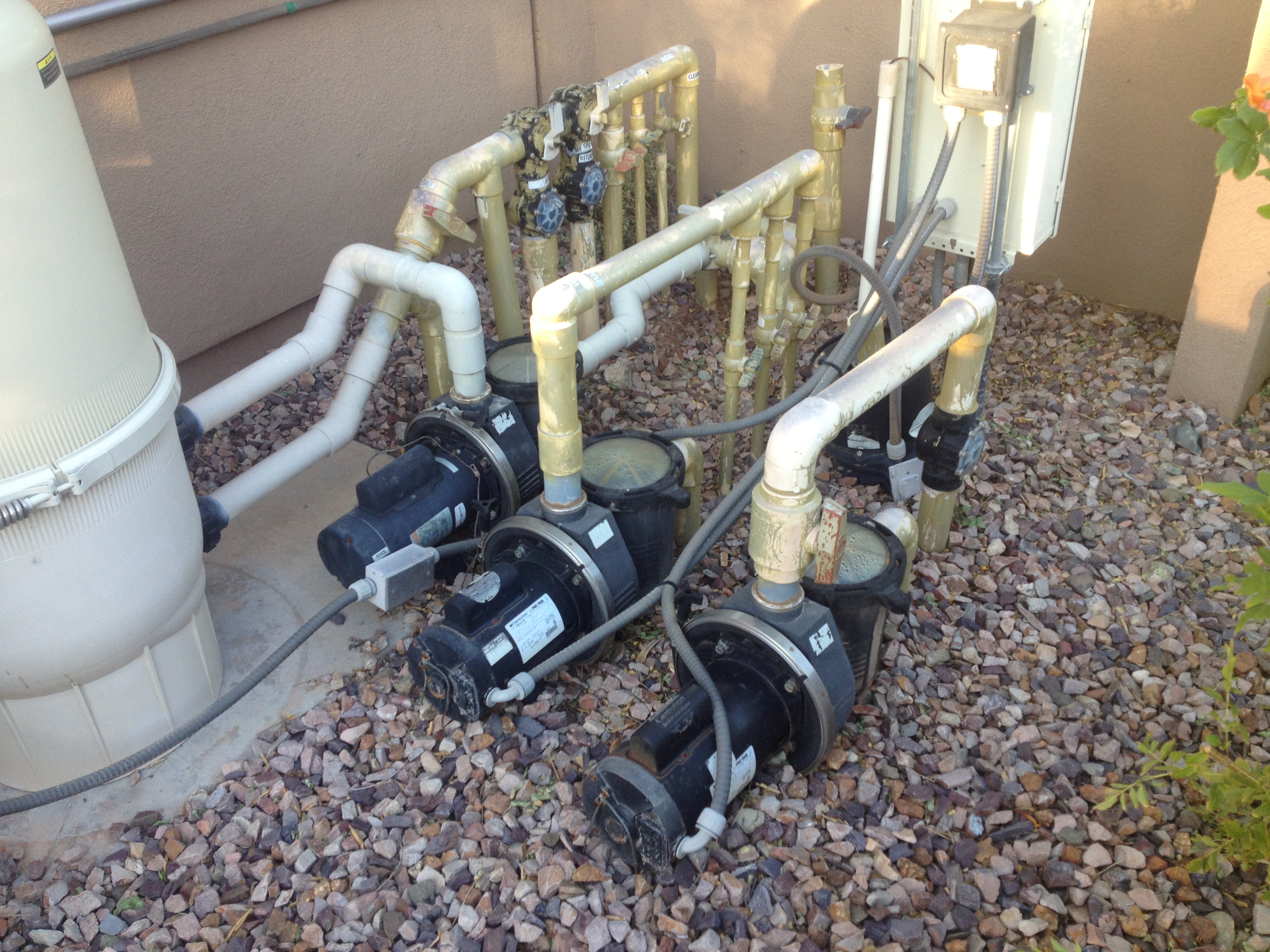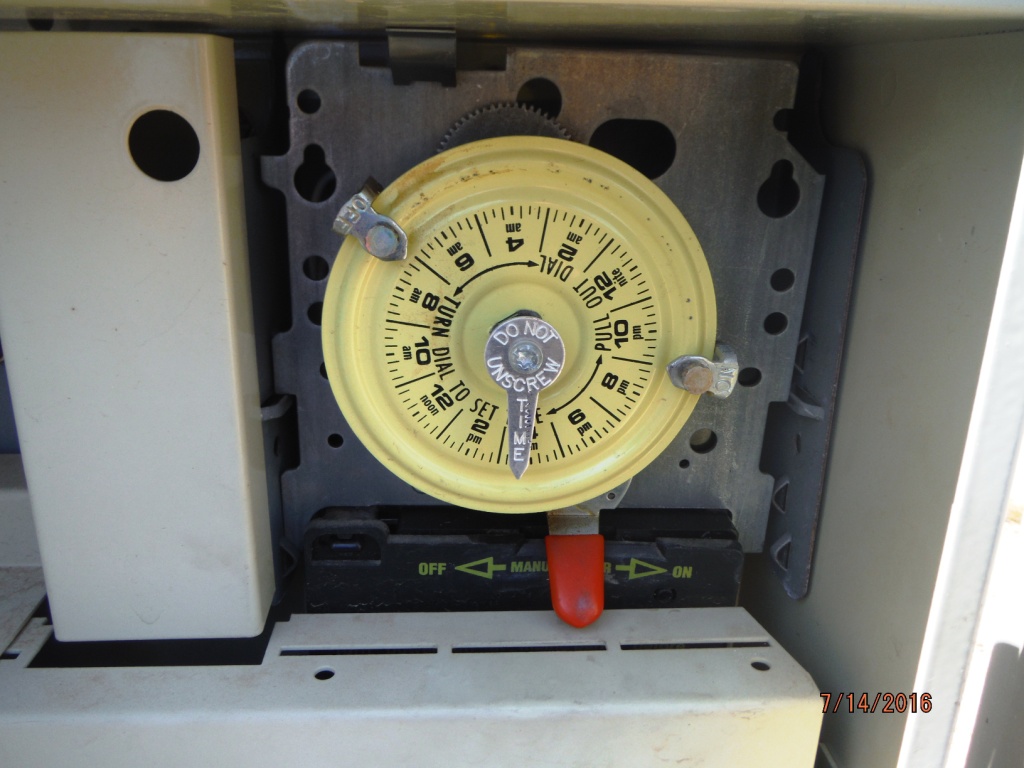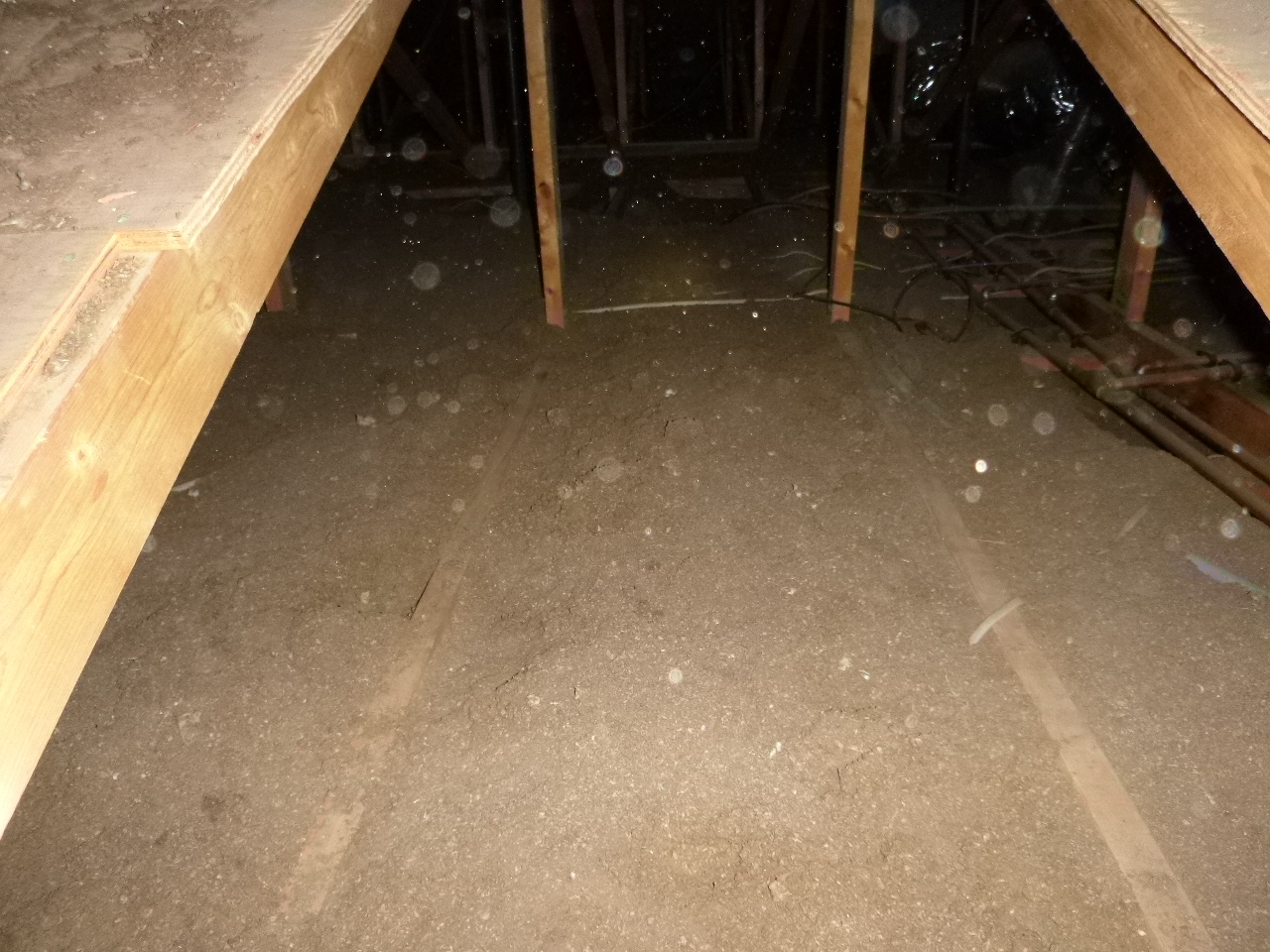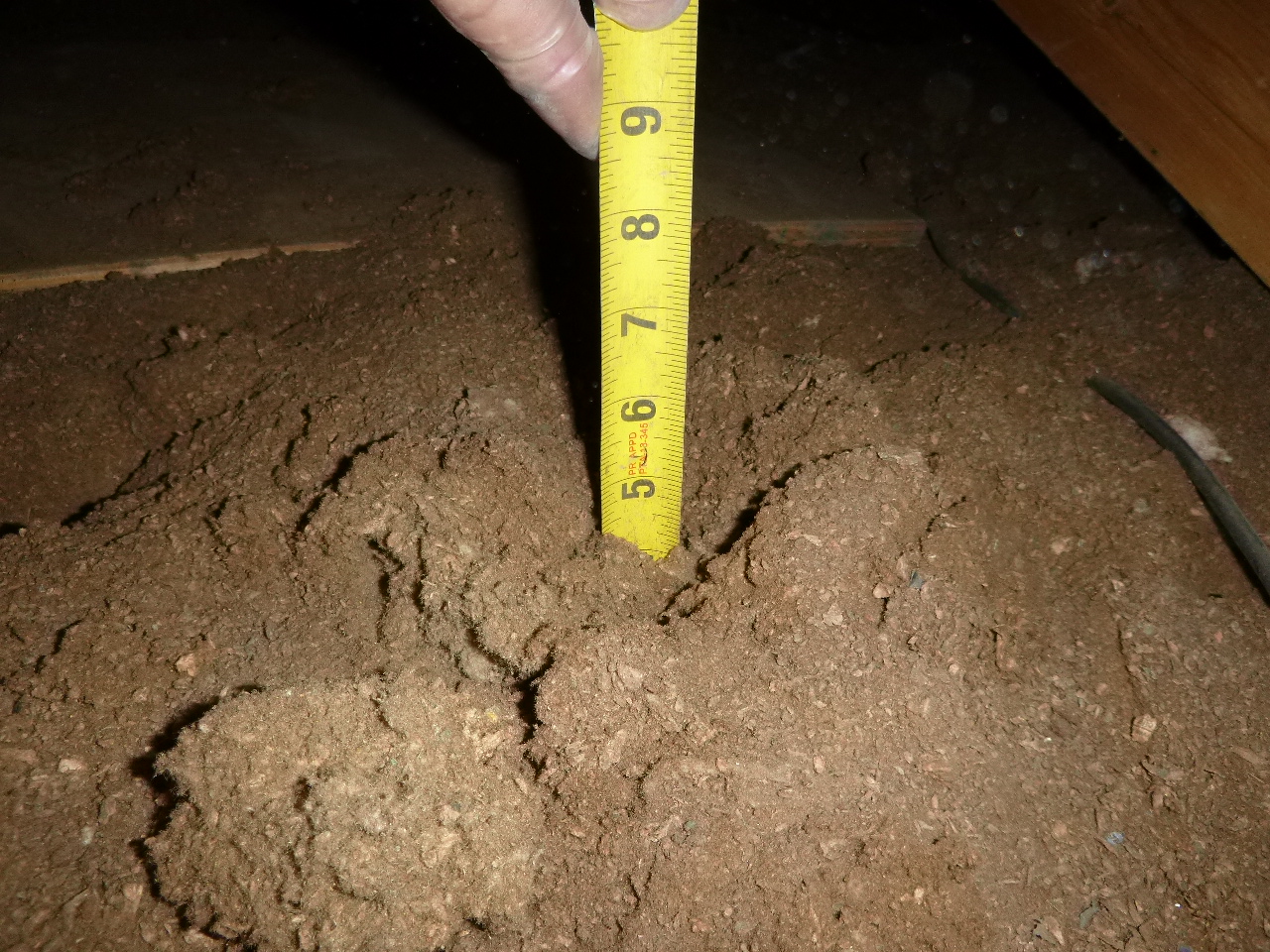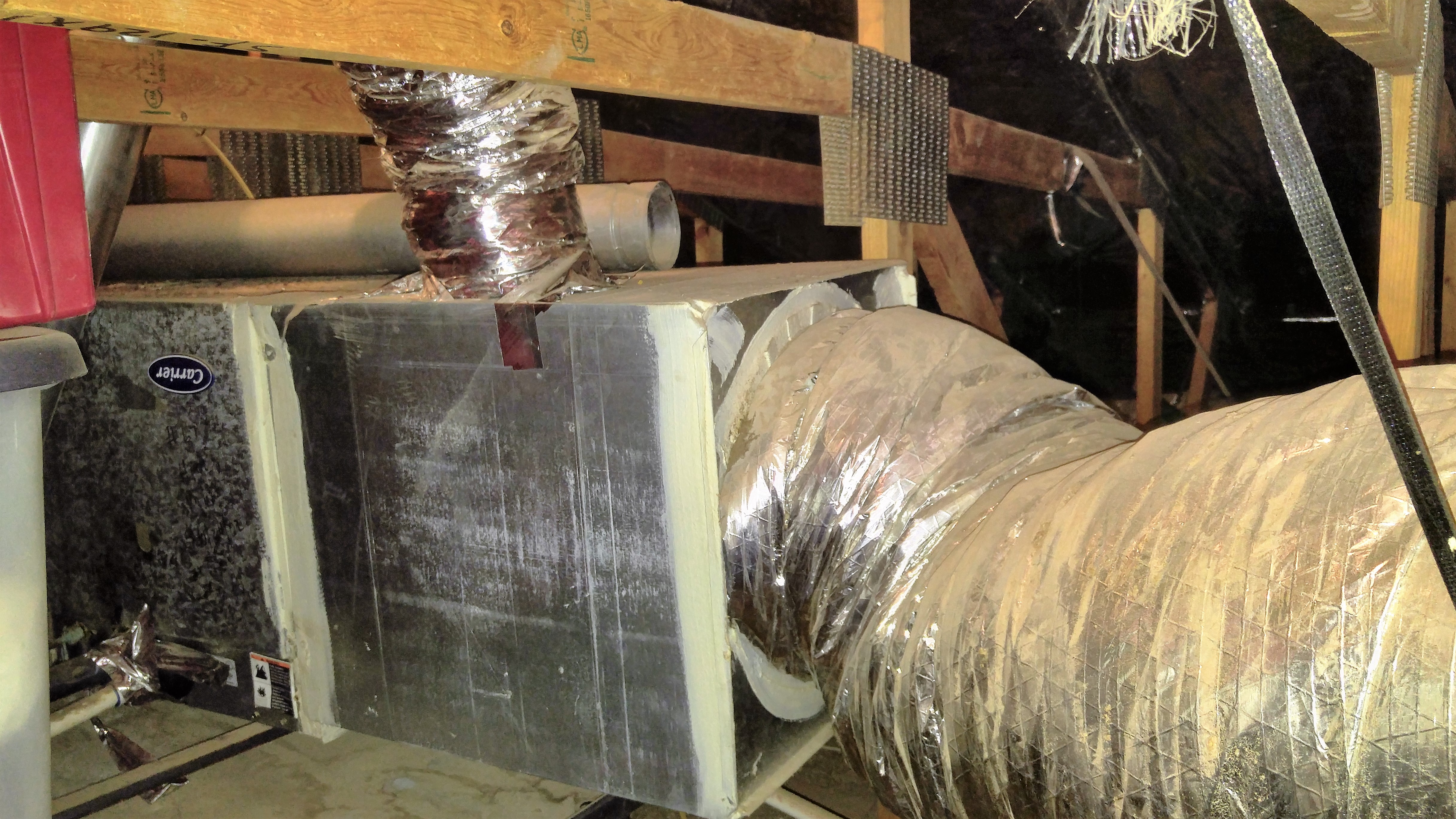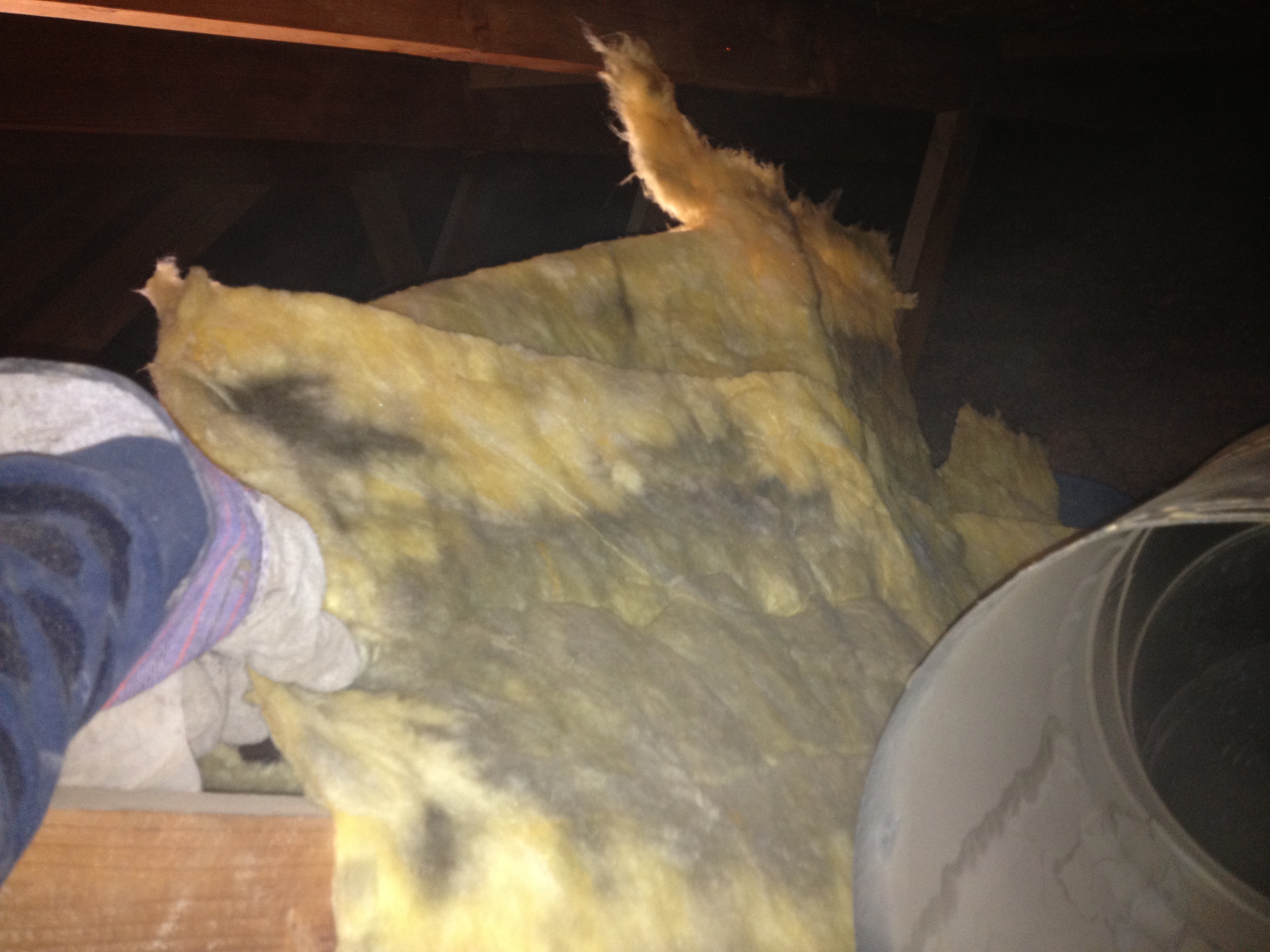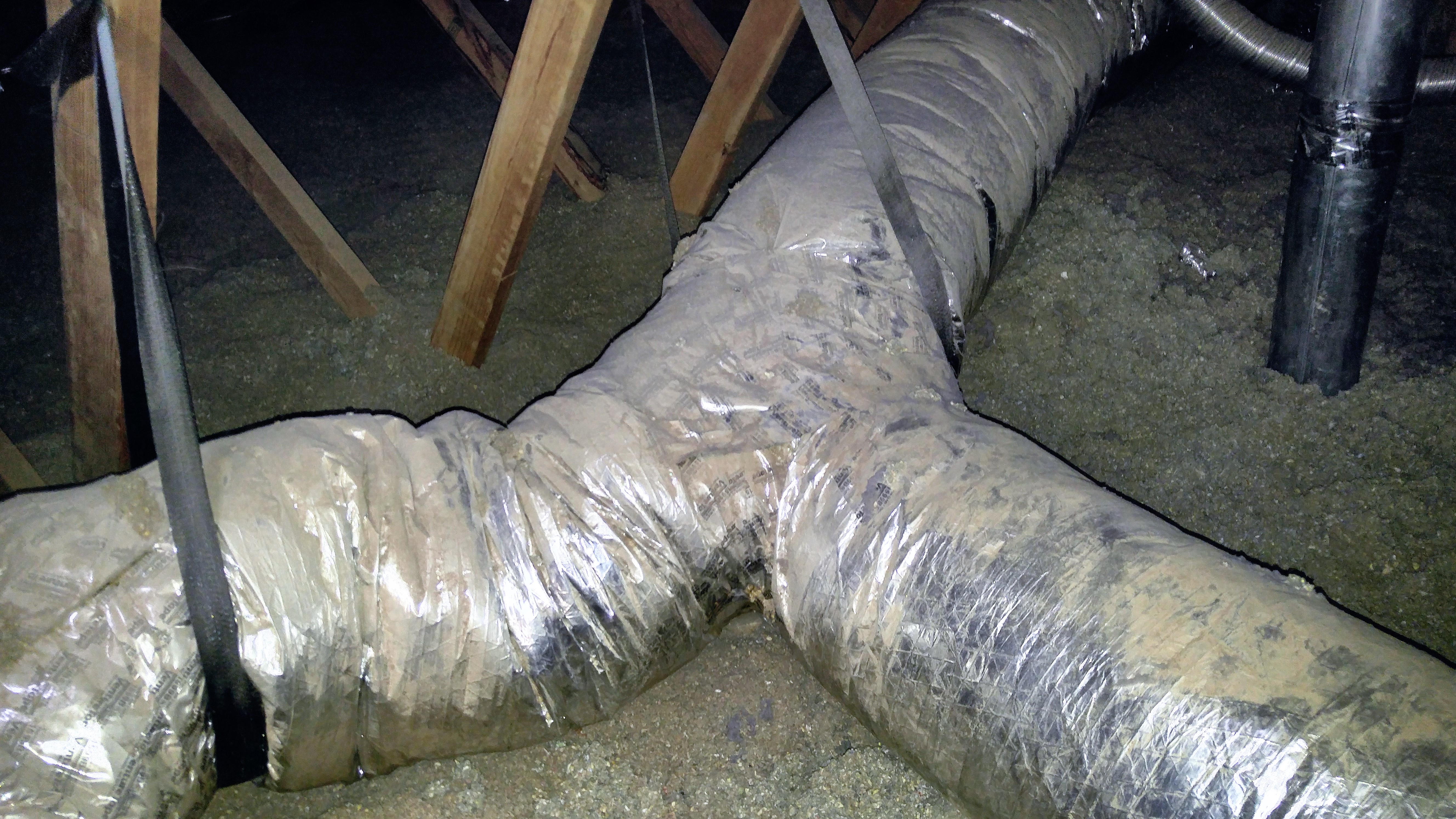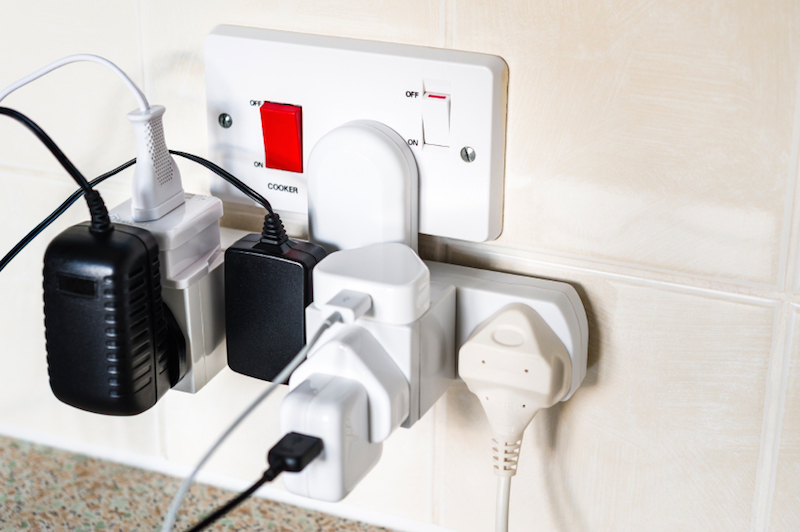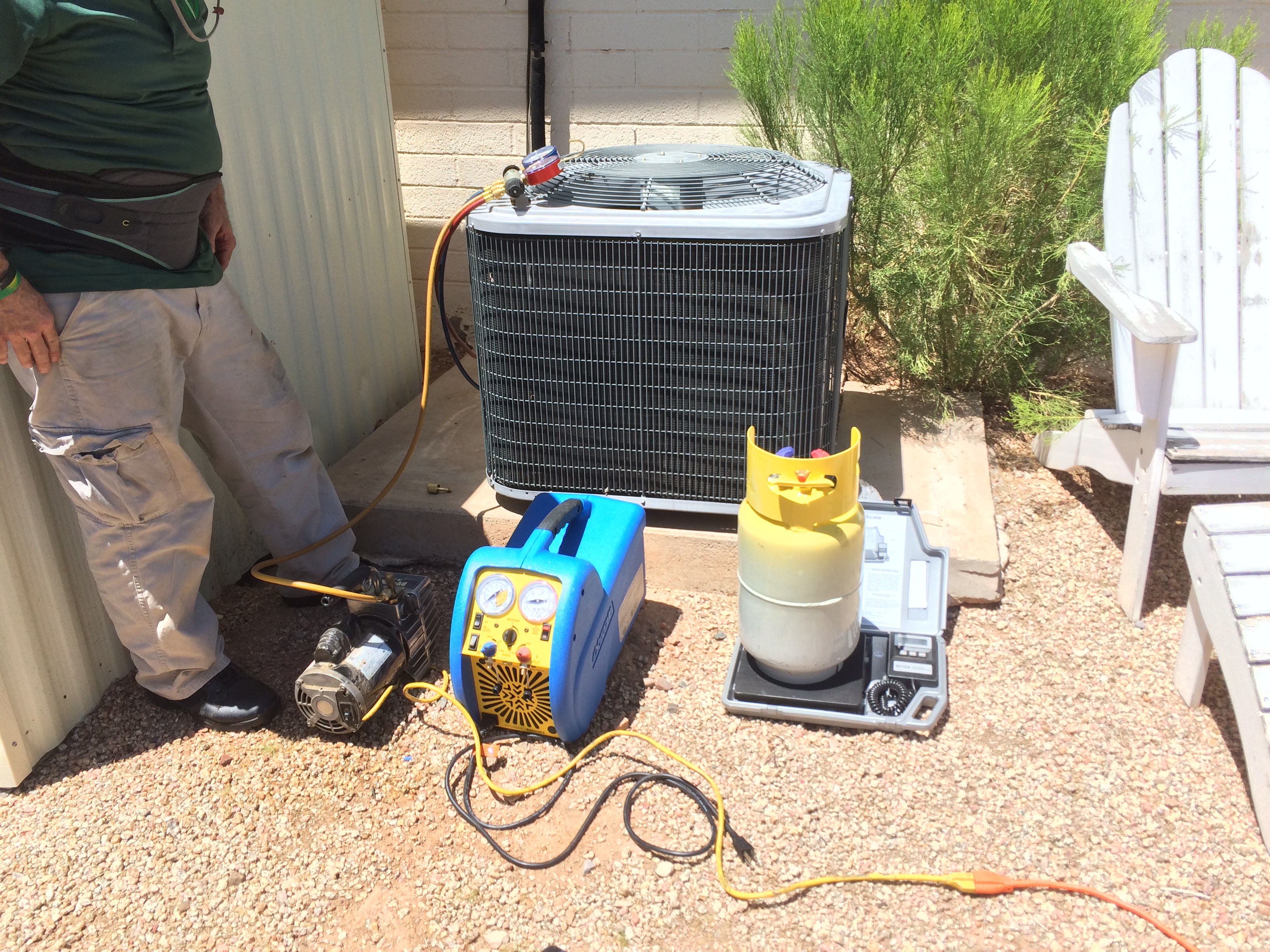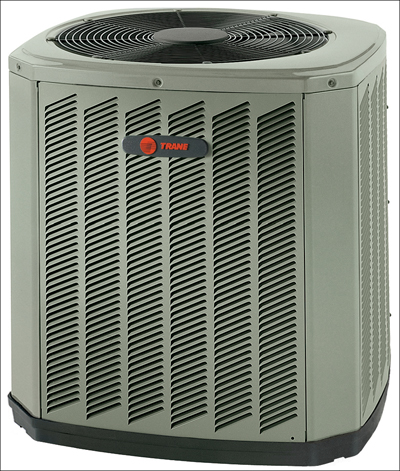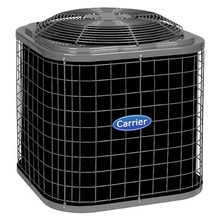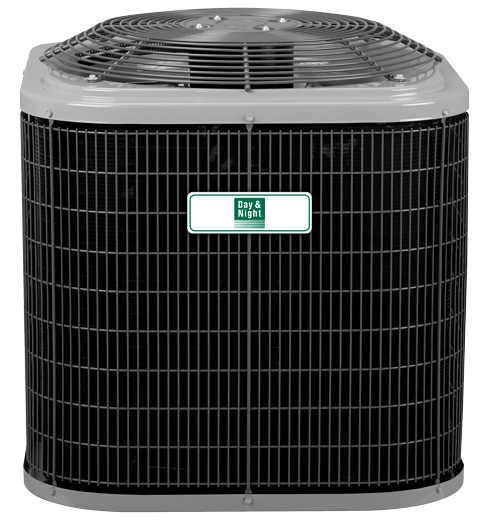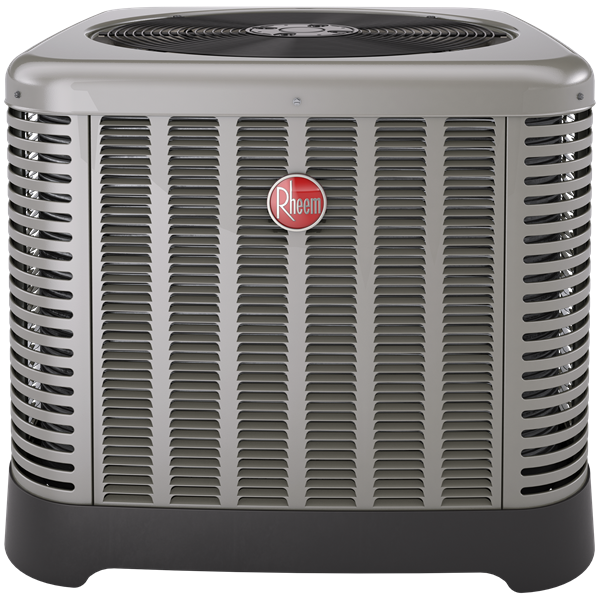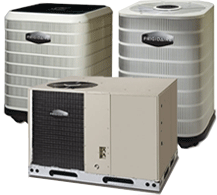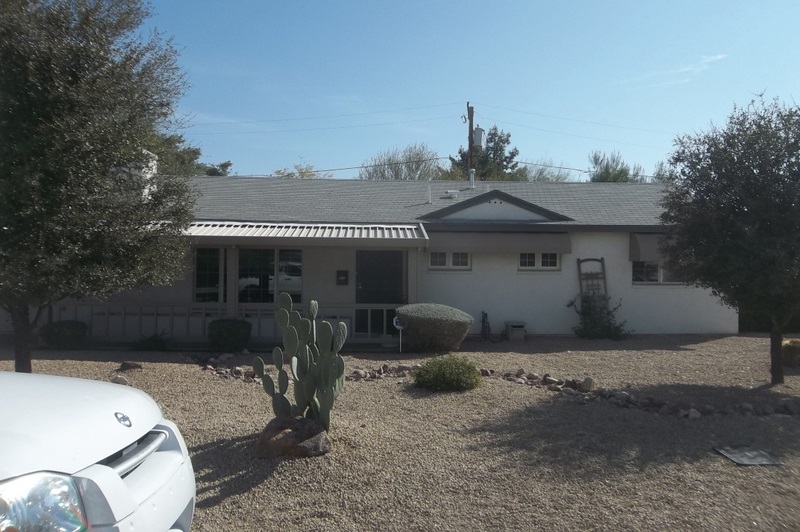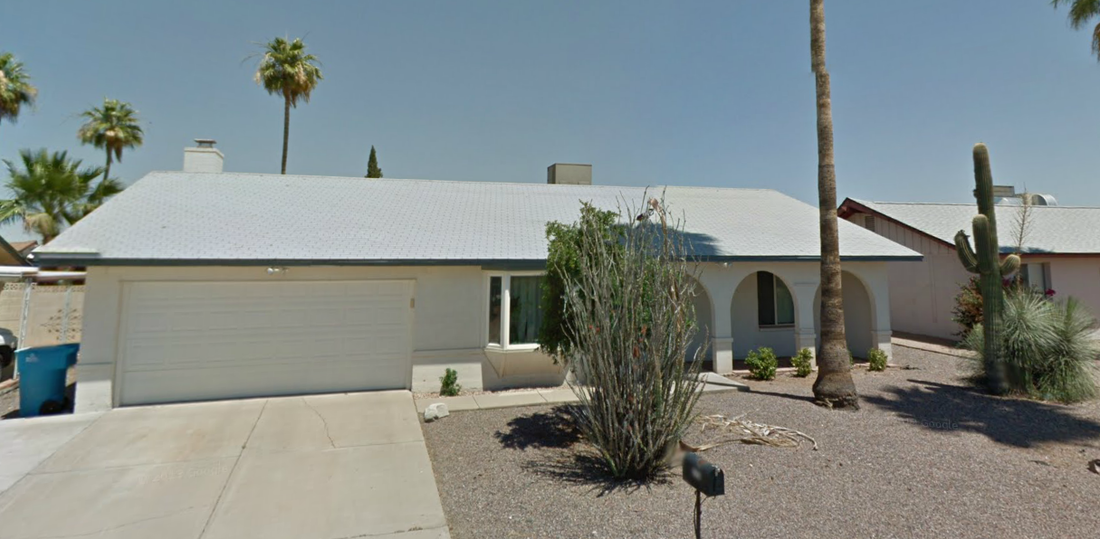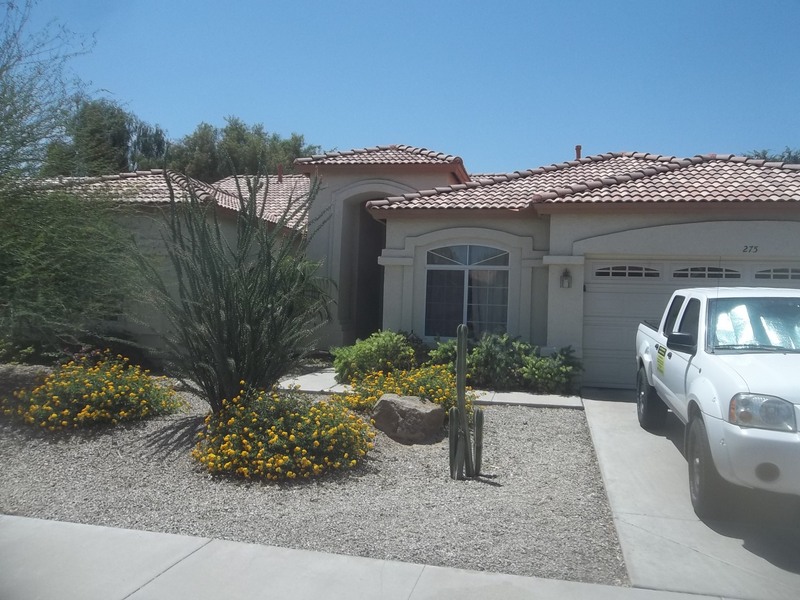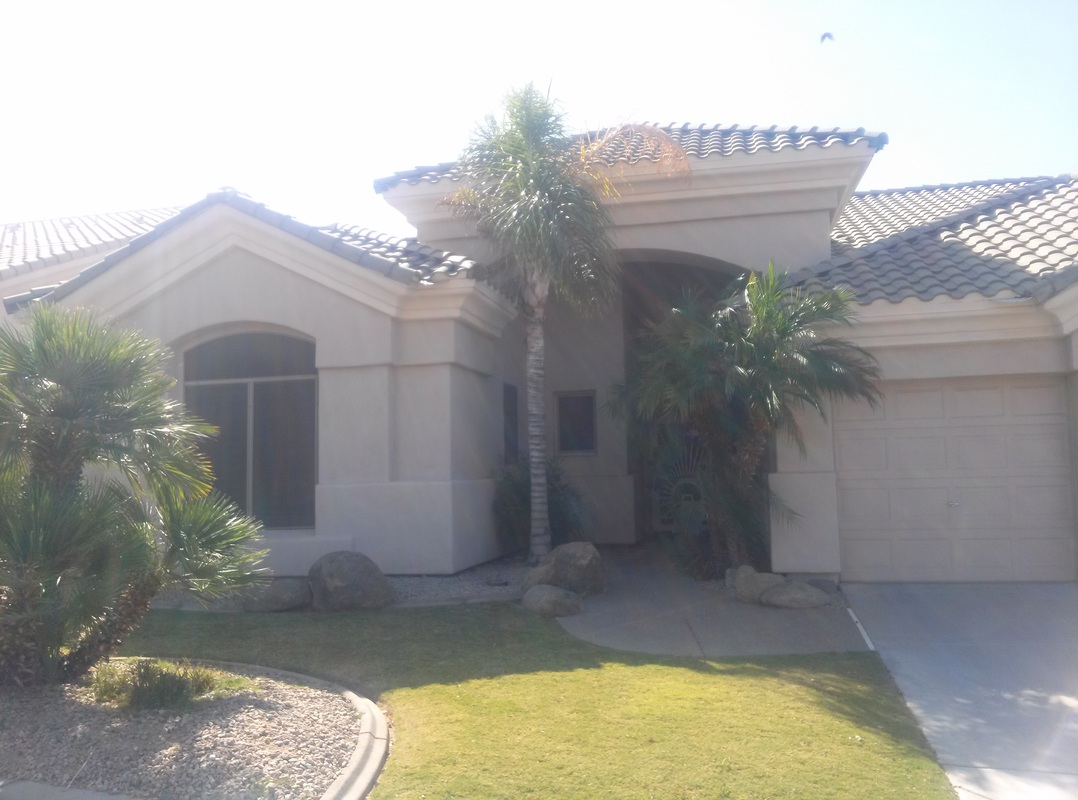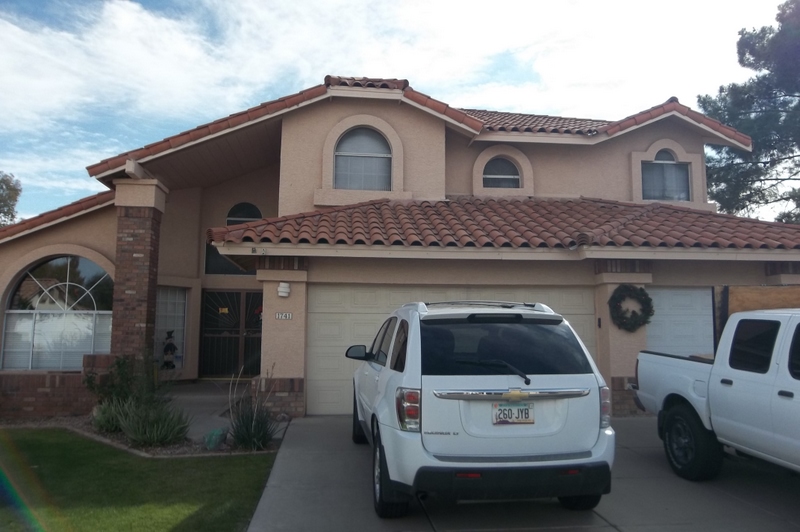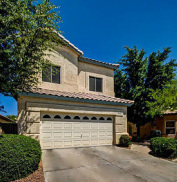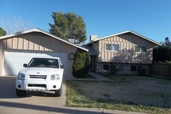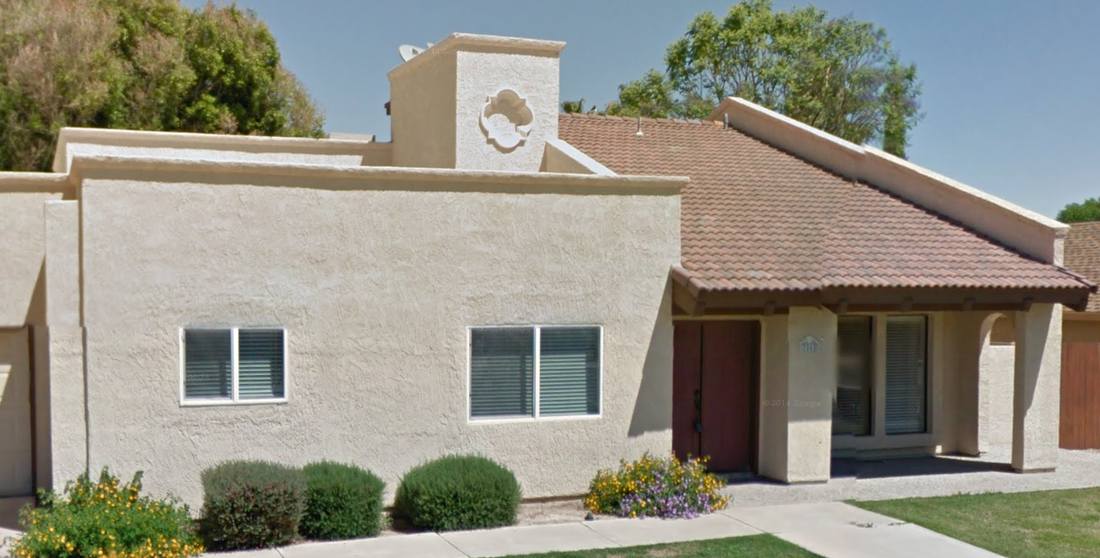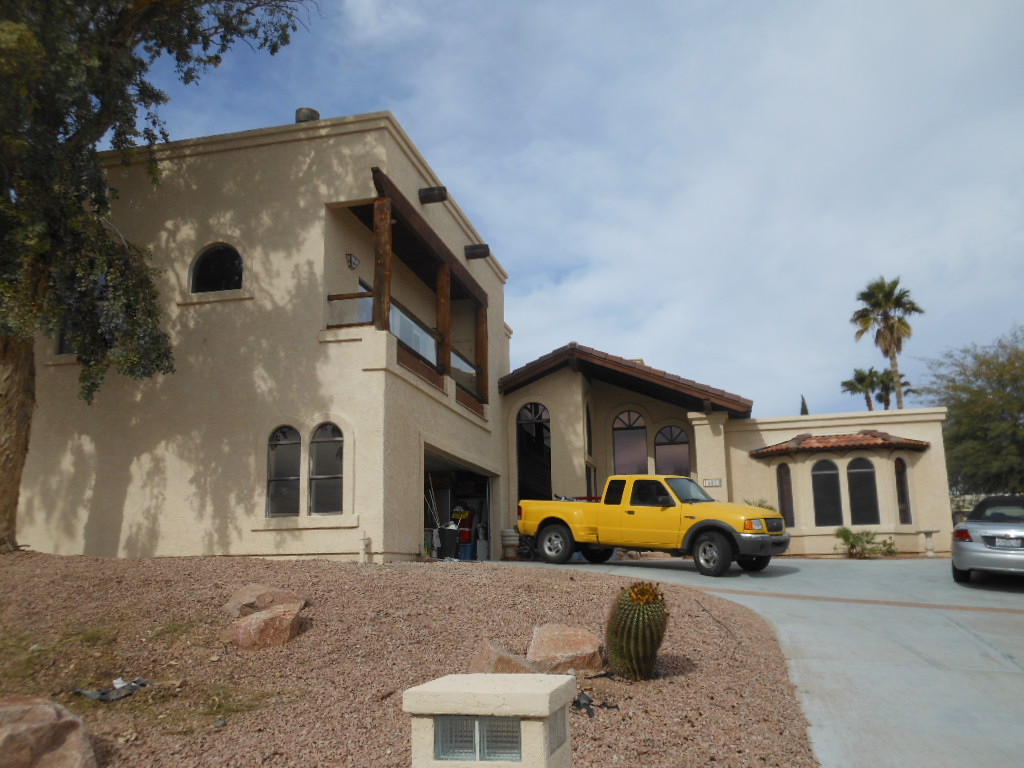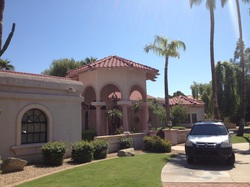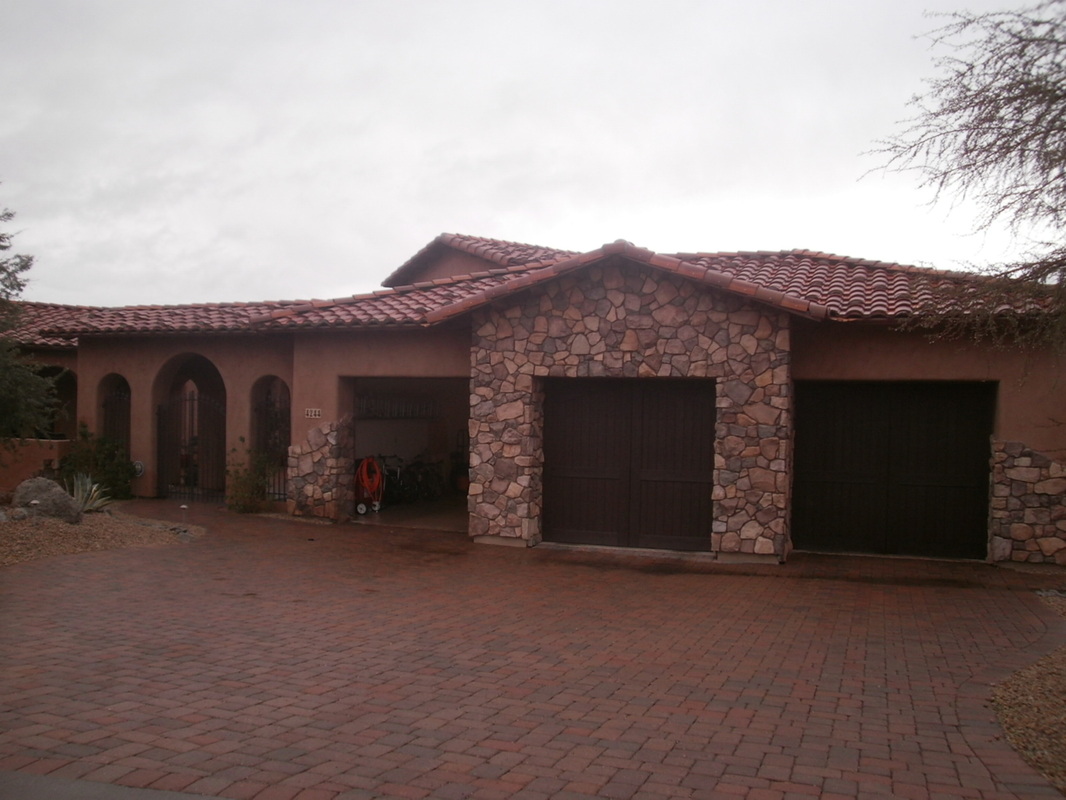 Ever wonder what's causing your APS or SRP energy bills to be so high? If your utility bills seem abnormally high it may be caused by something other than the weather. If you have gotten a letter from APS or SRP saying that you are using more energy than your neighbors something could be going on in your attic that's driving your energy bills up. If you have talked to your neighbors who have the same floor plan as you and keep the thermostat at the same temperature, but you are paying more every month to the utility company, those are familiar stories to our energy auditors at Green ID. As a rule of thumb, an energy efficient home will have a HIGH energy bill of $100 per 1,000 sq ft. So if you live in a 2100 sq ft home, your highest energy bill in July or August in Phoenix should be no more than $210 - $230… That said, how does your home measure up? Chances are if you are reading this post trying to solve why your APS or SRP energy bills are so high than your utility bills are maybe 1.5 – 2 times higher than our threshold. Here are some reasons why your energy bills are so high and some DIY fixes you can do to lower them
Most homeowners never realize that having low energy bills, fixing hot rooms and making the home comfortable all year long is entirely possible without putting expensive solar panels on the roof! High energy bills may have less to do with what temperature you keep the thermostat at, and more to do with how the home was originally built.
Stop giving too much money to APS and SRP and call (602) 926-1650 to get a free home energy audit when you mention this post to see how much you can save.
0 Comments
Ever wonder why your air conditioner is supposed to be running but only hot air is blowing out of the vents? Have you gone outside to find a ball of ice has formed on your coils until they are frozen over? Ice on your air conditioning unit may seem strange, but it’s just a diagnostic signal of what needs to be repaired on your air conditioning unit. Here are some DIY steps you do to try to fix the ice problem yourself, and if not, we’ve listed the likely causes why the coils are freezing over so that you can better educate yourself. If you notice ice forming on your air conditioner coils, take these immediate steps to prevent further damage to your HVAC system. 1. Turn the system off completely 2. Change your air filter. This is such a simple fix but it can potentially save you a service call. It is true that having dirty air filters can stop enough airflow in the system to cause ice to fill up in your unit. 3. Check that all the supply and return grilles are not blocked and completely open. Restrictions at the registers can be big enough to significantly lower airflow which can cause ice to build up on the refrigerant lines.
5. Once the ice is completely melted, set the thermostat back to cooling mode and keep a close eye on the coils to see if they start to freeze up again. If changing the filter does not fix the problem call your trusted HVAC technicians at Green ID to properly diagnose and repair the problem. Why Is Ice Forming On Your Refrigerant Lines?
3. The air conditioning filter dryer is clogged. The purpose of the filter dryer is to protect the compressor from debris and contaminants. Air-conditioning filter dryer becomes clogged refrigerant will not flow through freely and will start to build up causing the coils to freeze. A Green ID technician can check if the filter dryer is clogged and make the necessary replacement to get the system working properly again. 4. The air conditioner system has a refrigerant leak. A refrigerant leak can occur over months before you ever start to notice any changes in your comfort or energy bills or it happens quickly. Either way if your air conditioning system does not have enough freon to remove the cold air from your house in the winter, and the warm air in the summer, your coils will start to freeze and ice up. 5. The air conditioner blower speed is set too low. The blower speed may have not been set right or changed during your last air conditioning service. This may have been done to make the air colder air coming out of the vents but can have the negative effect of not transferring enough heat across the evaporator coils. And our air-conditioning technicians will inspect the fan settings at the air handler or furnace and the thermostat wiring to ensure your system has the proper airflow to prevent icing up.
If you are doing your research looking for the best priced, most inexpensive heat pumps around Phoenix, we at Green ID have put together a short list of heat pumps you can use as a quick reference. We understand that finding an inexpensive heat pump that lasts for years and saves money on your energy bills is a top priority. You’ll be glad to find inexpensive heat pumps from a variety of AC brands that don’t break your budget or compromise on quality. Tips From A Heat Pump Contractor On Buying An Inexpensive Air Conditioning UnitHere are a few tips help maximize your dollars to find the best priced, inexpensive heat pump for your home.  1. EER (pronounced “ear”) is more important than SEER in Arizona. SEER is how we measure the efficiency of the heat pump, the higher the SEER rating, the more efficient it’s operation is and less you’ll spend on your energy bills. EER is almost exactly the same as SEER but it is how we measure the efficiency of how the heat pump operates at higher temperatures, like in Phoenix. The SEER rating is done in an air conditioned factory at 76 degrees, EER ratings are done at 95 degrees. You want the heat pump that performs well at higher temperatures, so ask about the EER rating of the system. Often times you can have two air conditioners that have the same SEER rating, but different EERs. If they are the same cost, you can claim more energy savings for free!  2. Don’t just consider a unit upgrade, discuss the whole house and see if it’s feasible to go with a smaller heat pump with a Manual J calculation and a home performance upgrade. Sometimes we can save a homeowner more money by upgrading the insulation, sealing the ductwork, and sealing all the leaks with a lower SEER, rather than spending more money upfront on a higher efficiency unit but not addressing the other attic issues. Another example would be having existing ductwork that’s designed to handle only 3 tons of air on a 4 ton system could be the cause of rapid aging of an air conditioner. Have an energy audit performed on your house by Green ID as part of the heat pump replacement scope can help save on upfront costs and operating costs. 3. Ask about rebates and current promotions. Often manufactures will have separate running promotions that bring down the cost of heat pumps and air conditioners. Sometimes the rebates come from manufacturers who are less known, but still have a good reputation for quality, where you can get a more efficient unit for the same price as a standard heat pump from a better known manufacturer. 5 Best Priced and Reliable Heat PumpsWe have installed and serviced each manufacturer on our short list of the 5 best priced heat pumps for the Phoenix market to ensure you are getting a well-made air conditioner at the best price. All of these heat pumps feature upgrades like rust resistance screws, hail protective guards and 10 year warranties.
Why Do I Need a Load Calculation?When purchasing a new heat pump, it’s very important that a complete evaluation, or “load calculation” is performed. When doing this, a Green ID consultant will look at all factors that can affect the heat gain and loss of your home. Bigger is not better in the air conditioning and heat pump world. We take into account the size, shape, and orientation of your home, what type of insulation and how much you have is also important along with window size, type, quantity, and the directions they face. We will also perform a leakage test of the ductwork and air leaks. By combining these and other factors, your Green ID consultant will evaluate what size unit your home requires. An over or under sized unit is one of the most common problems with any system; when a licensed Green ID technician performs a load calculation, you will have a more efficient system and a more comfortable home. Why Super Low Cost Heat Pumps Can Cost Homeowners In The EndAt Green ID we say, the most important day of an air conditioning system’s life, is the first day it’s installed. You can be sure your heat pump installation will be done by following the best practices that may cost us more, but are the right thing to do to keep your heat pump running smoothly for years. We don’t take short cuts that save money to AC companies but end up costing the homeowner more on their energy bills and in the shortened life of its components.
We are here to help, click here to contact us or call (602) 926-1650 today. |
Sign Up For Your Home Energy AuditFIND YOUR HOME TYPERanch HomesSingle Story, Spec HomesTwo Story, Spec HomesTri-Level HomesPre-1990 Custom HomePost-1990 Custom HomeDon't See Your Home? Find Your City Below!Archives
April 2024
Copyright Notice©2009 – 2023
All Rights Reserved |


